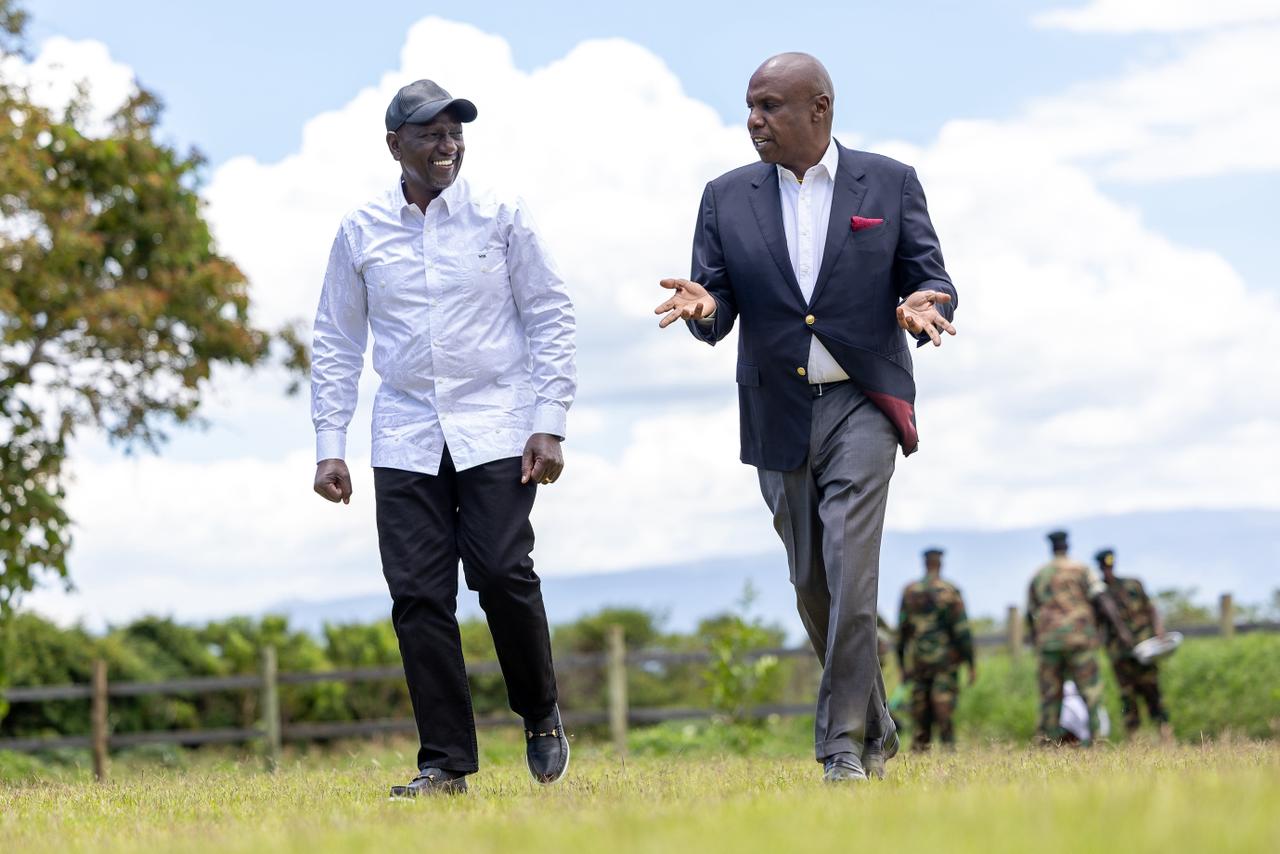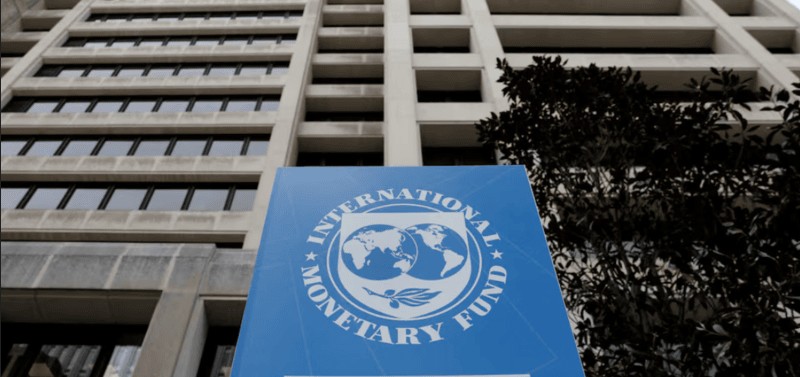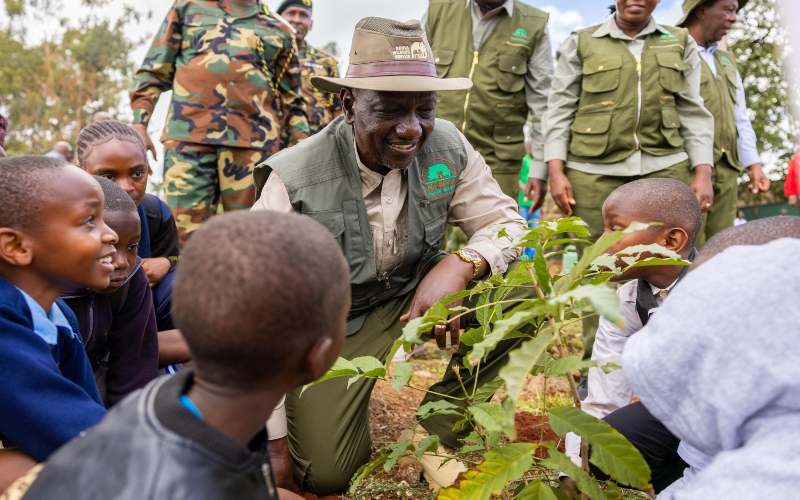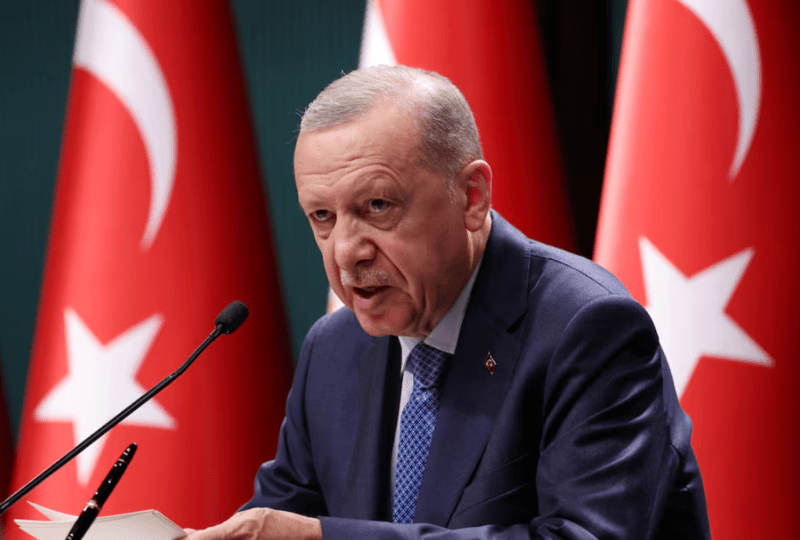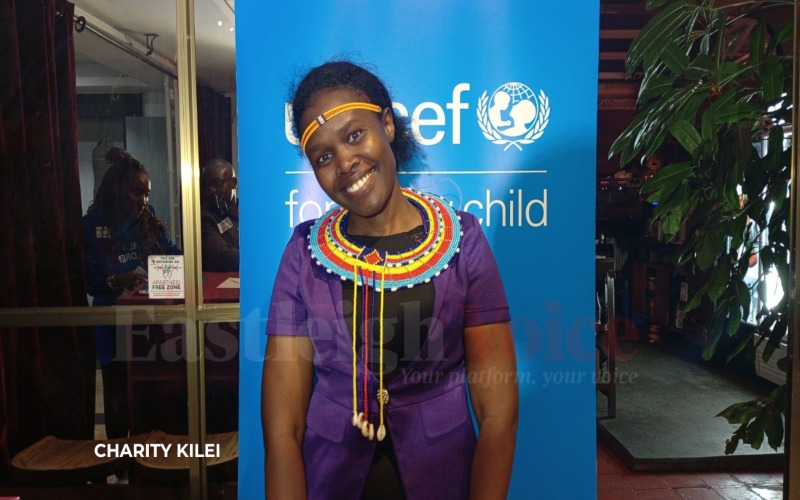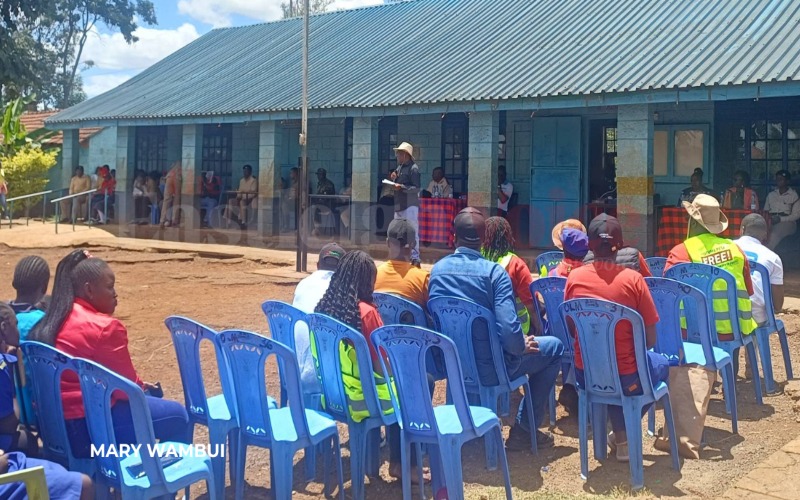Kenya among first to receive Ethiopian exports under historic AfCFTA launch
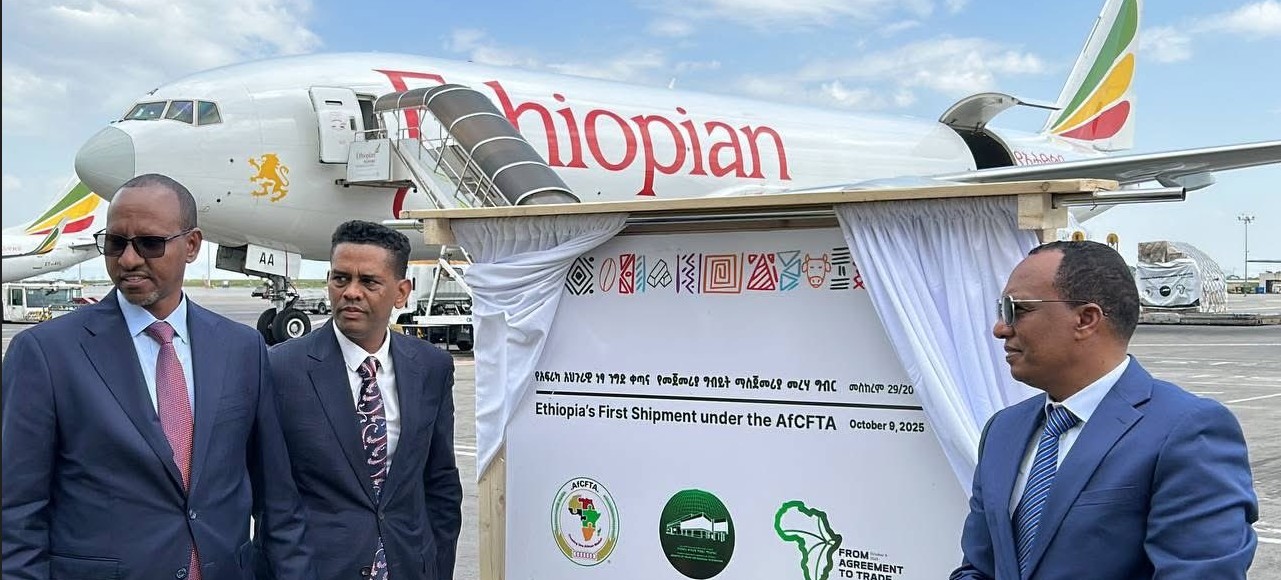
The inaugural shipment, dispatched by Ethiopian Airlines Cargo from Bole International Airport, comprised meat, vegetables, fruits, coffee, and beans, with part of the consignment delivered by land to neighbouring countries.
Kenya is among the first African countries to receive goods under Ethiopia’s historic launch of trading through the African Continental Free Trade Area (AfCFTA). The inaugural shipments of coffee, beans, meat, and vegetables departed from Addis Ababa to regional markets this week, marking a new era in intra-African trade.
Somalia and South Africa are also set to receive Ethiopian exports as the country officially begins trading under the continental free trade framework.
More To Read
- Ethiopia has struggled to build national unity: Can its big new dam deliver it?
- Weak regulation, environmental crisis pose threat to Africa’s maritime growth - KMA
- Kenya champions innovation, digital solutions at COMESA summit
- Ethiopia launches first phase of Ogaden gas project, shifts focus to domestic energy use
- Fragmented economic integration dragging Africa’s harmonisation drive - report
- PM Abiy Ahmed vows Ethiopia will achieve port ownership through self-reliance
The first shipment, dispatched by Ethiopian Airlines Cargo from Bole International Airport, included meat, vegetables, fruits, coffee, and beans. Some of the goods were transported by land to neighbouring countries.
Launch ceremony
The launch ceremony brought together senior government officials, ambassadors, representatives from the AfCFTA Secretariat, private sector players, and exporters. Among the dignitaries was Adem Farah, Vice President of the Prosperity Party and Head of the Centre for Coordination of Democratic System Building, who attended in his capacity as Deputy Prime Minister.
Trade and Regional Integration Minister Kassahun Gofe said the launch reflects Ethiopia’s readiness to trade with the rest of the continent.
“The implementation of the AfCFTA agreement marks a major milestone for the continent and the region in integrating markets and generating prosperity, a common vision shared by our sisters and brothers across Africa,” he said.
“For Ethiopia, a founding member of the African Union and a steadfast advocate of Pan-Africanism, this milestone represents both a fulfilment of our long-held aspirations and a renewed commitment to Africa’s collective economic transformation.”
Gradual rollout
State Minister for Trade and Regional Integration Yasmin Wohabrebbi said the rollout will be gradual.
“Our first shipments will go to Kenya, with South Africa and Somalia following shortly. Over 40 exporters have registered under the AfCFTA framework, though only a subset is participating initially, as the rest finalise arrangements with their buyers,” she said.
The initial exports include agricultural produce—such as meat, coffee, fruits, vegetables, beans, and edible oil—as well as selected manufactured goods like textiles. Ethiopia has ratified eight AfCFTA protocols covering conflict resolution, investment and property rights, competition policy, digitalisation, and women and youth empowerment.
“The key one is tariff rate adjustments,” Yasmin explained, noting that Ethiopia plans to eventually reduce tariffs to zero.
Currently, 90 per cent of goods are classified under liberalised categories, seven per cent as sensitive, and three per cent as protected.
Tariff liberalisation schedule
Ethiopia has also finalised its tariff liberalisation schedule, validated its national implementation strategy, and issued Regulation No. 574/2025, which publishes the Provisional Schedule of Tariff Concessions in the Federal Negarit Gazette.
The country joins 24 other African nations at this stage of AfCFTA implementation and is preparing reciprocal trading arrangements with Tanzania, Uganda, Zambia, South Sudan, Nigeria, Malawi, Cameroon, and Egypt. Select services, including telecommunications, are also being prepared for liberalisation in line with AfCFTA provisions.
The AfCFTA aims to create a single African market of 1.4 billion people with a combined GDP of $3.4 trillion—unlocking new opportunities for exporters, investors, and regional integration.
Ethiopia’s participation aligns with its 10-year development plan (2020/21–2029/30), which seeks to expand export destinations from 37 to 96 countries and increase merchandise export revenue from $3 billion in 2020 to $18.3 billion by 2030.
Top Stories Today
